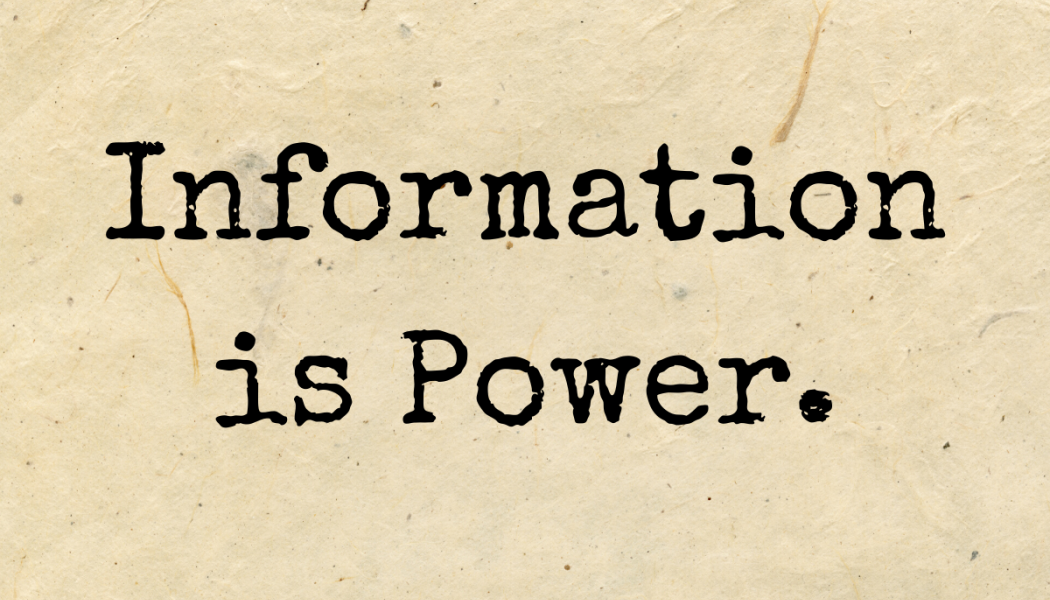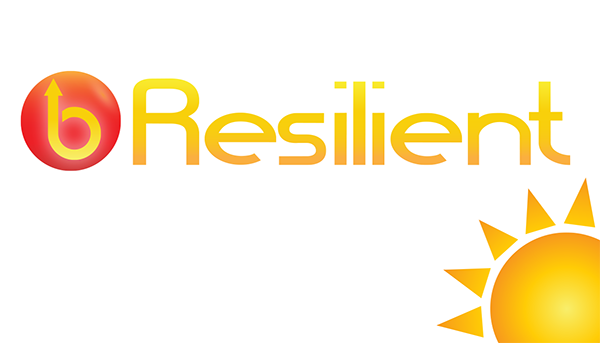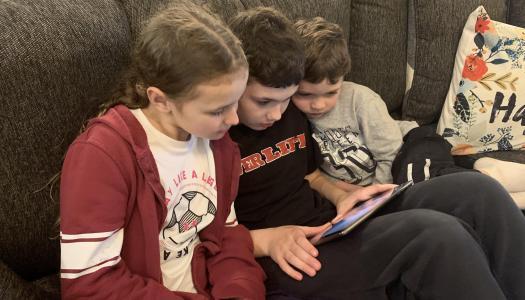
Allison Behne
Our last utility bill provided the confirmation we needed . . . Our windows needed to be replaced. Being a homeowner is a blessing but comes with many responsibilities, one being general upkeep and repairs. Knowing the expense involved, we wanted to make sure we did our homework and could feel good about our purchase.
We asked friends and coworkers, researched internet reviews and consumer reports, and went to a few different retailers before making a final selection. We were surprised to learn that there are many things to consider and many different opinions when it comes to windows. It took some time to sort through all we learned, but in the end, we used the information we’d gathered to make the best decision for us.
Reading and talking with others to gain information is not new. It is a common process when looking for a book or movie recommendation, planning a family vacation, or purchasing a new car. And it is something we, as educators, should do when determining something as important as how and what to teach our students.
When purchasing new windows, it would have been easy to go with the first thing we found, but we would have spent more for lower-quality windows. If we had employed the first retailer we visited, extensive remodeling of one wall would have been necessary, since they didn’t have a matching fit. In either scenario, going the easiest route would have ended in extra cost and time wasted.
The same is true in the classroom. Each of us has a unique makeup of students and required standards to teach. If we take the first lesson we see on the internet or adhere to a specific sequence of lessons in a teaching manual, the waste of money and time can be costly. It is up to us to read about, research, discuss, and question instructional practices so that every decision we make is made with the intention, conviction, and knowledge that we are doing what is best for the students in front of us right now.
Becoming a master of our content, and combining that with a deep understanding of our students’ strengths and abilities, is what brings deep satisfaction and joy to this profession we love, and purposeful learning to the students we teach.
Join in on a real-time conversation with Gail THIS Tuesday! Open to all. Sign up now.
News From The Daily CAFE
Staying Current
Resources for At-Home Learning









